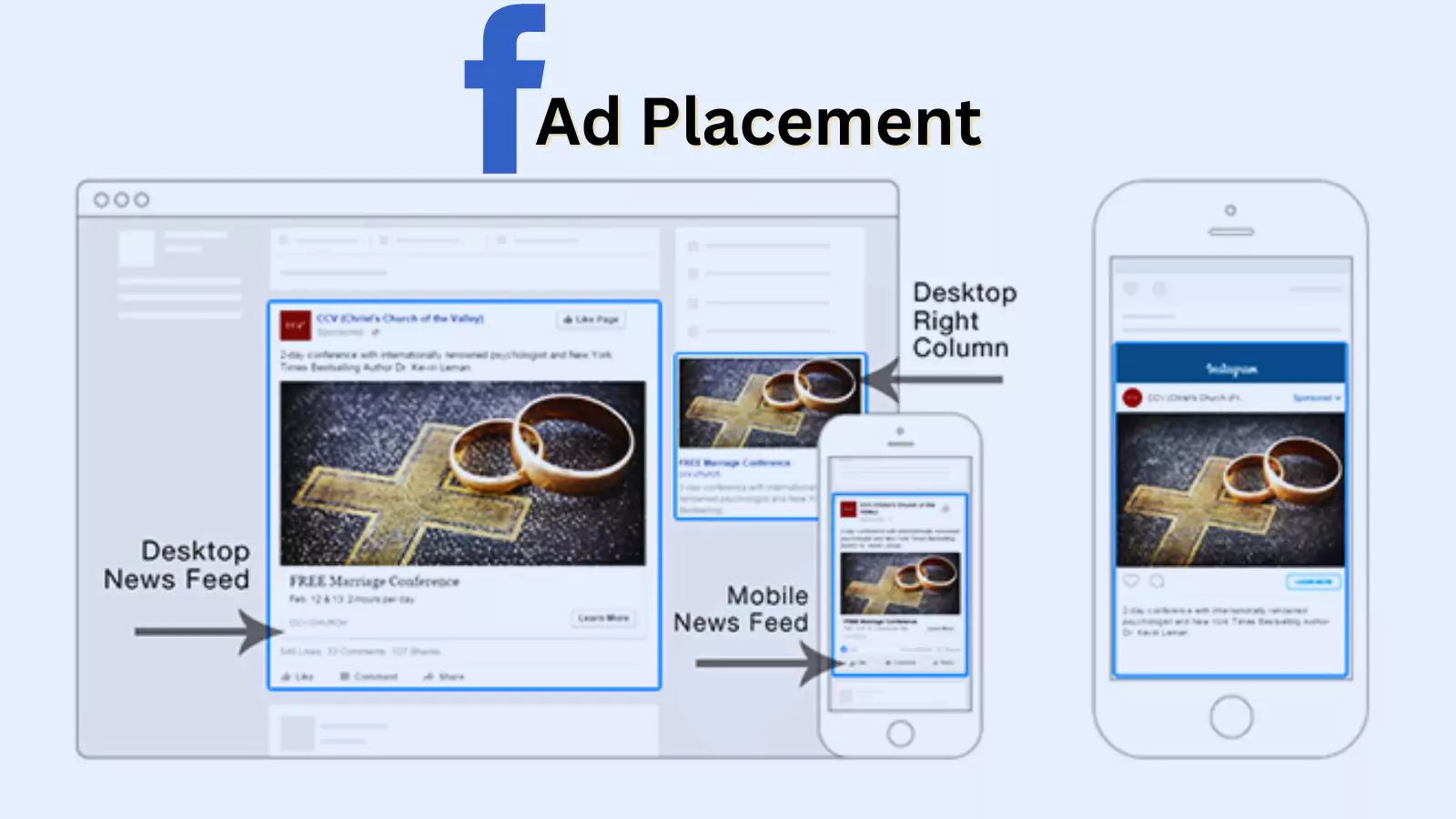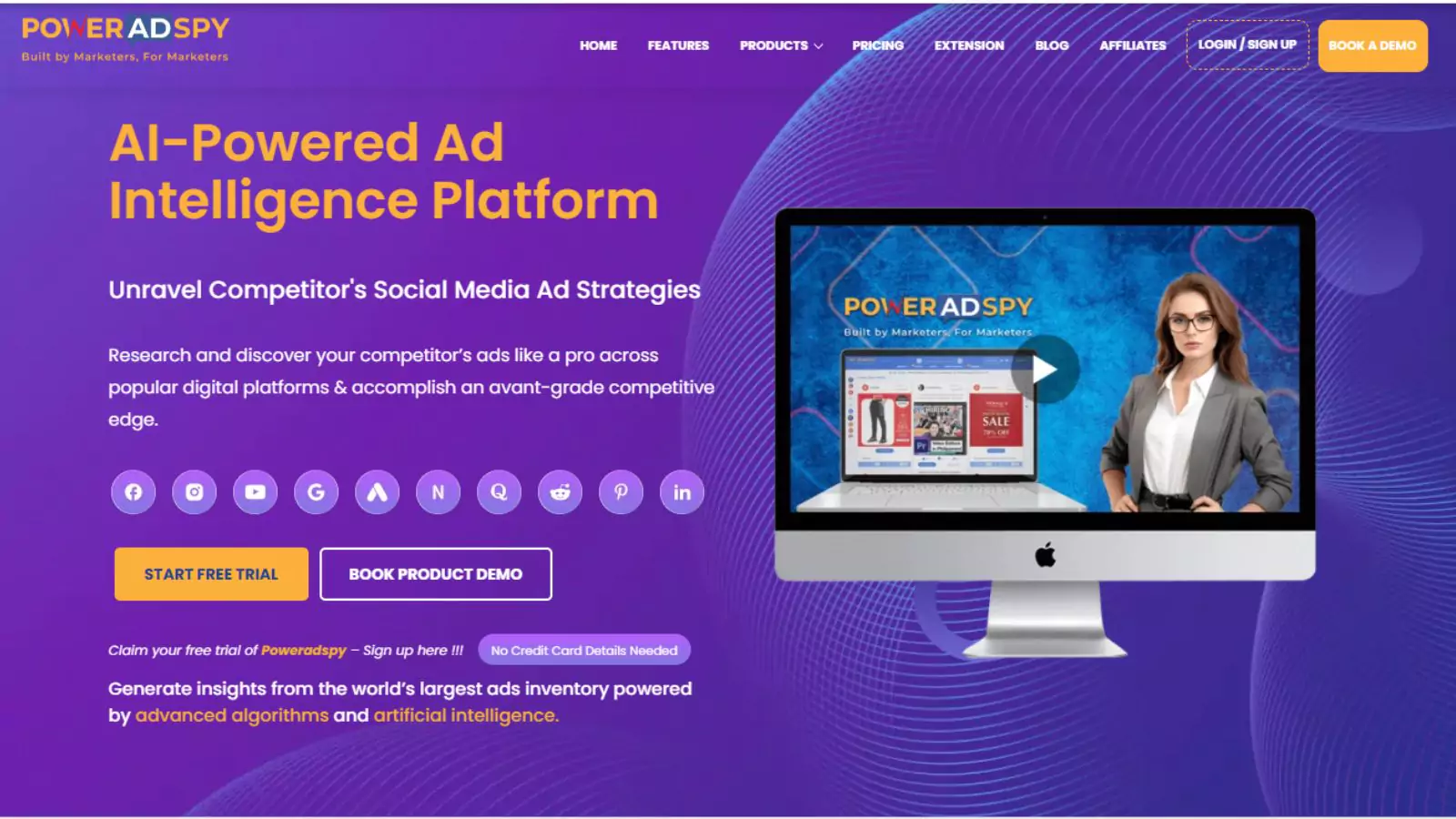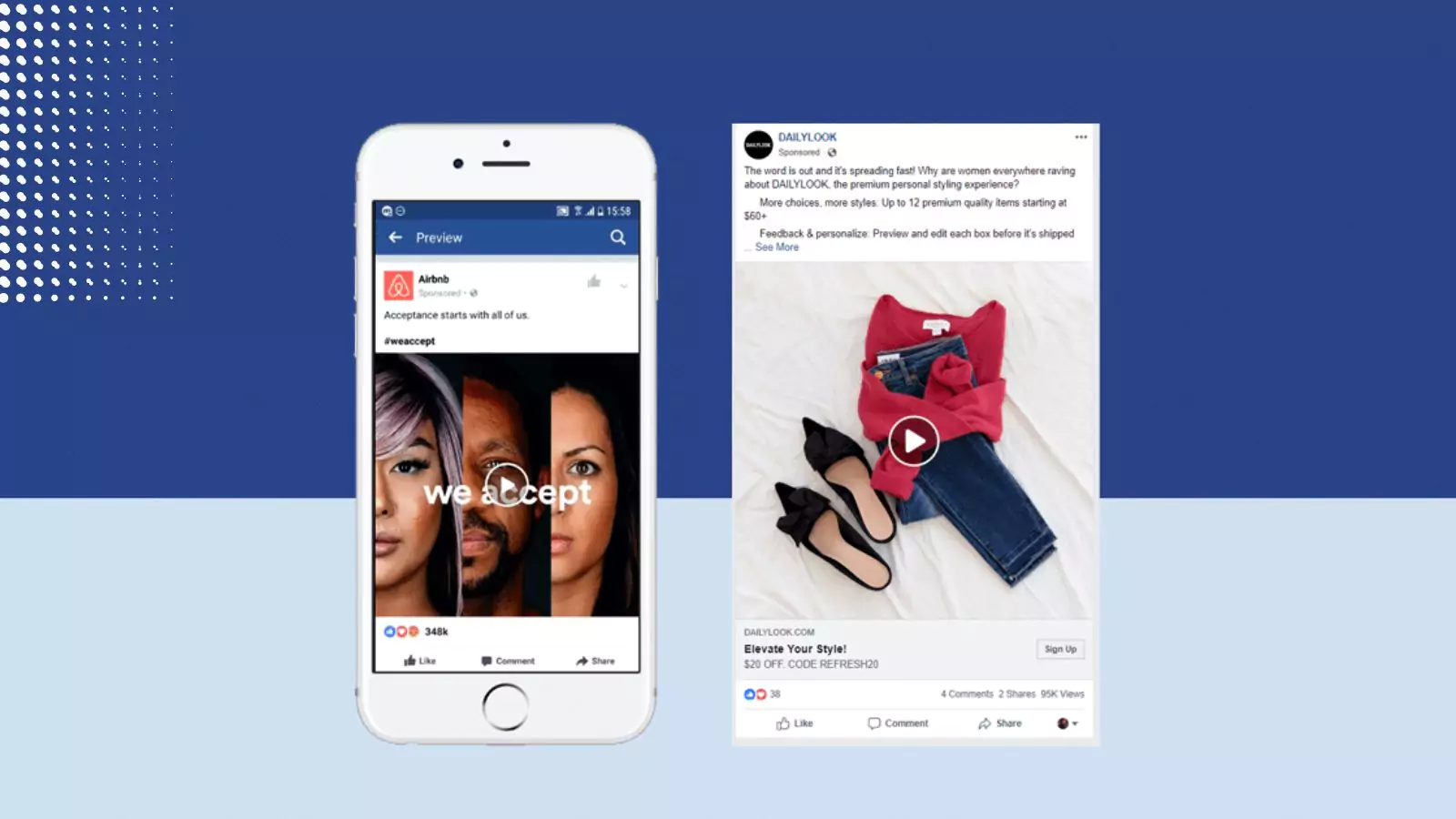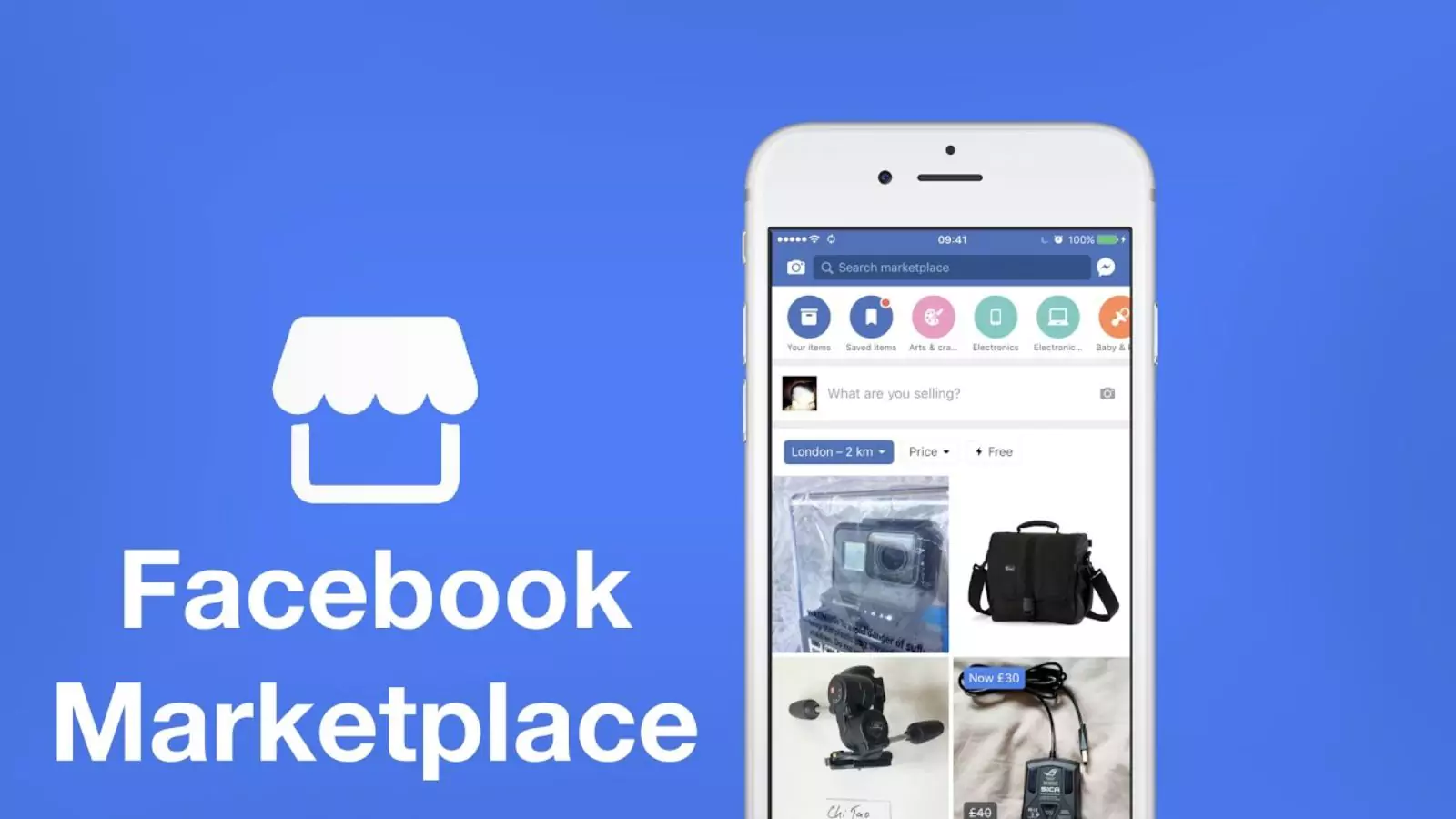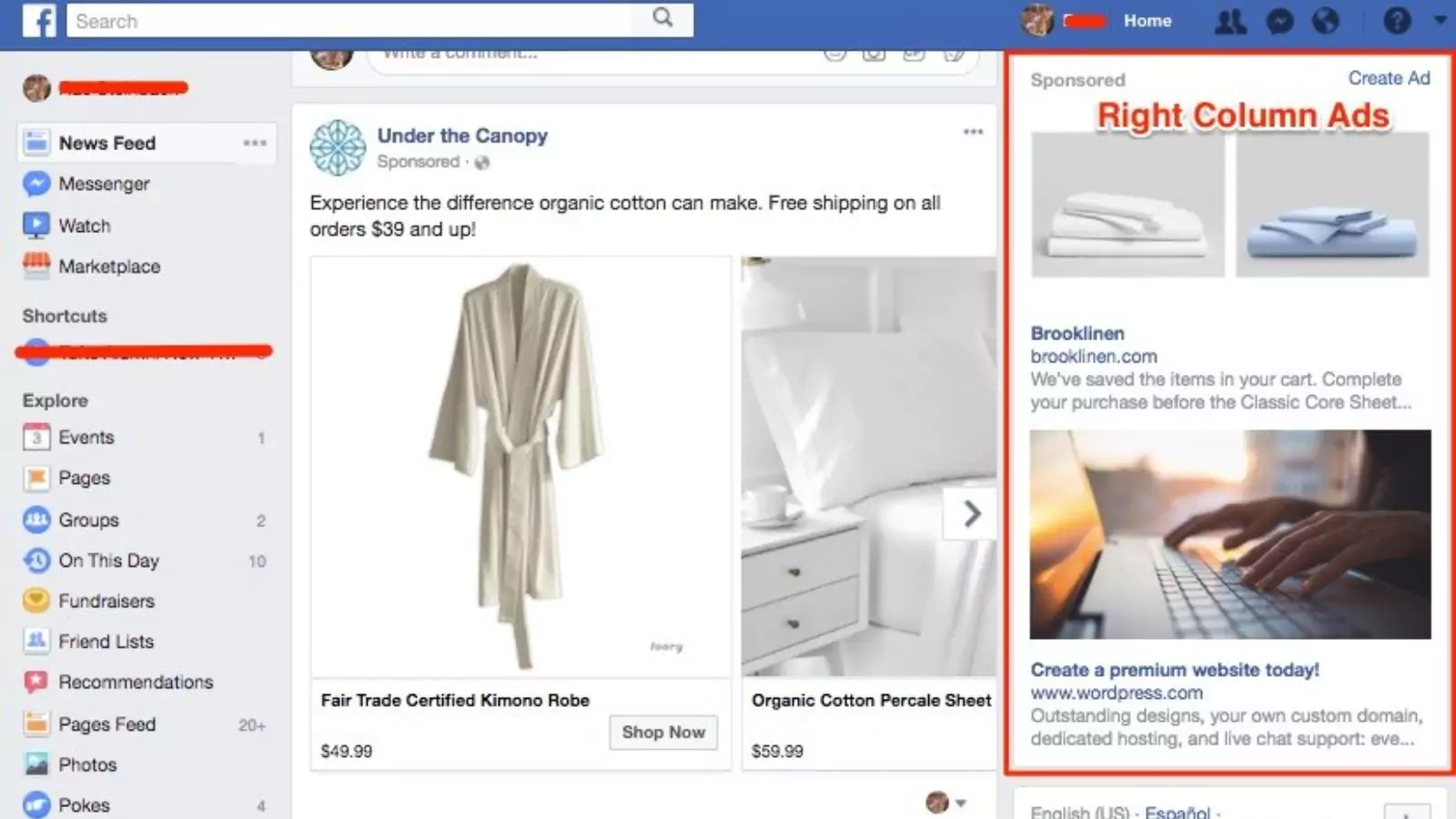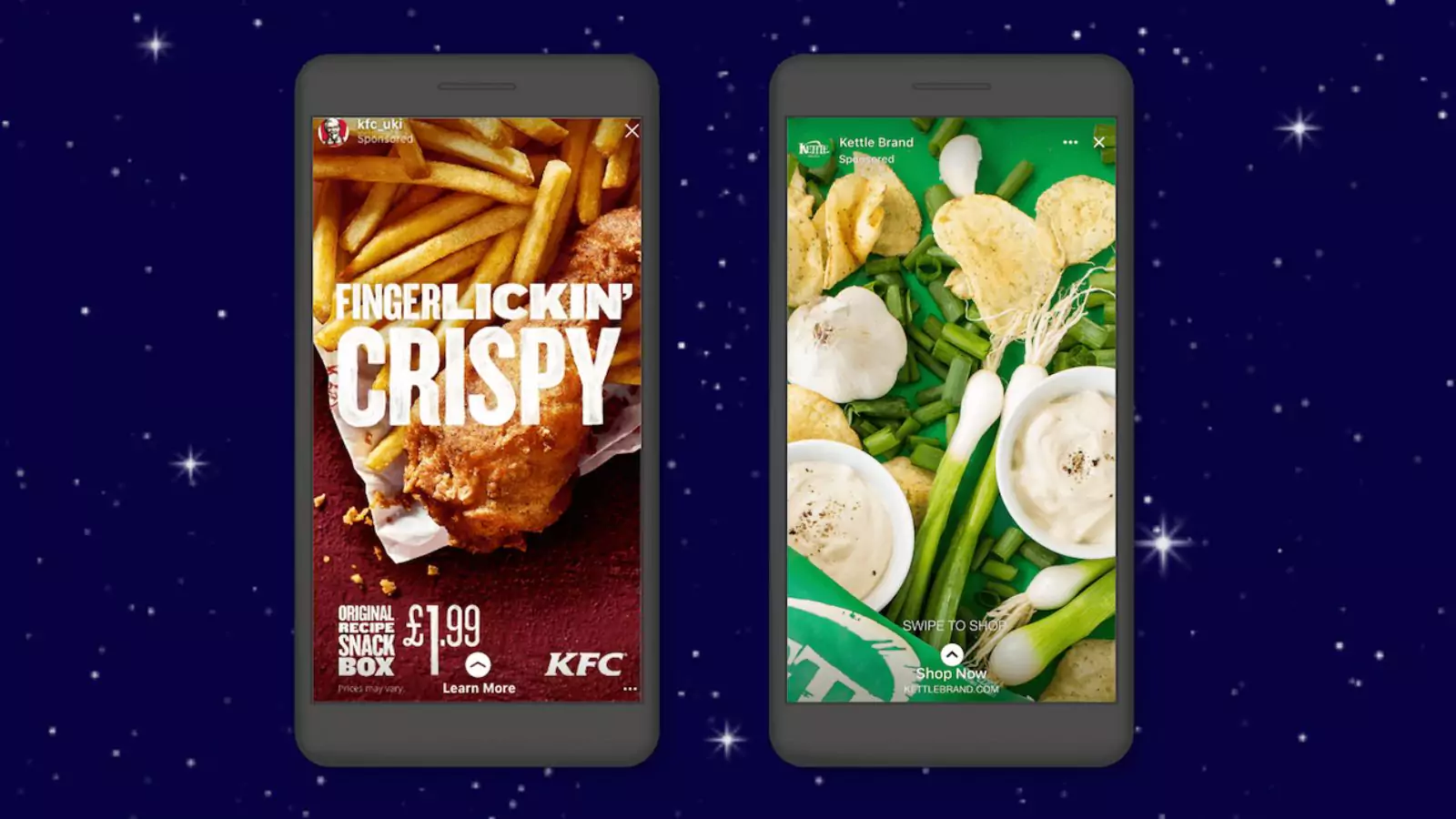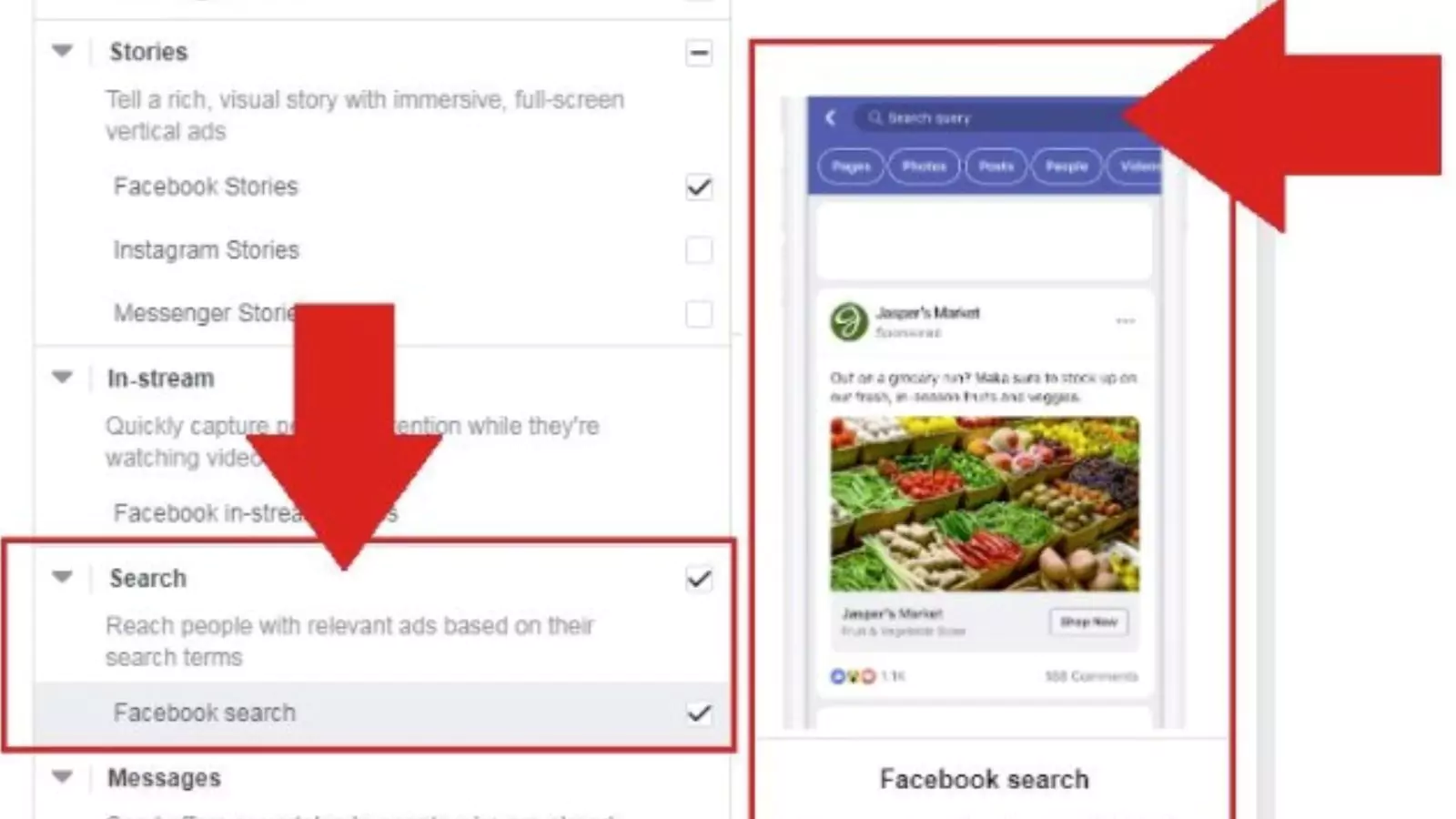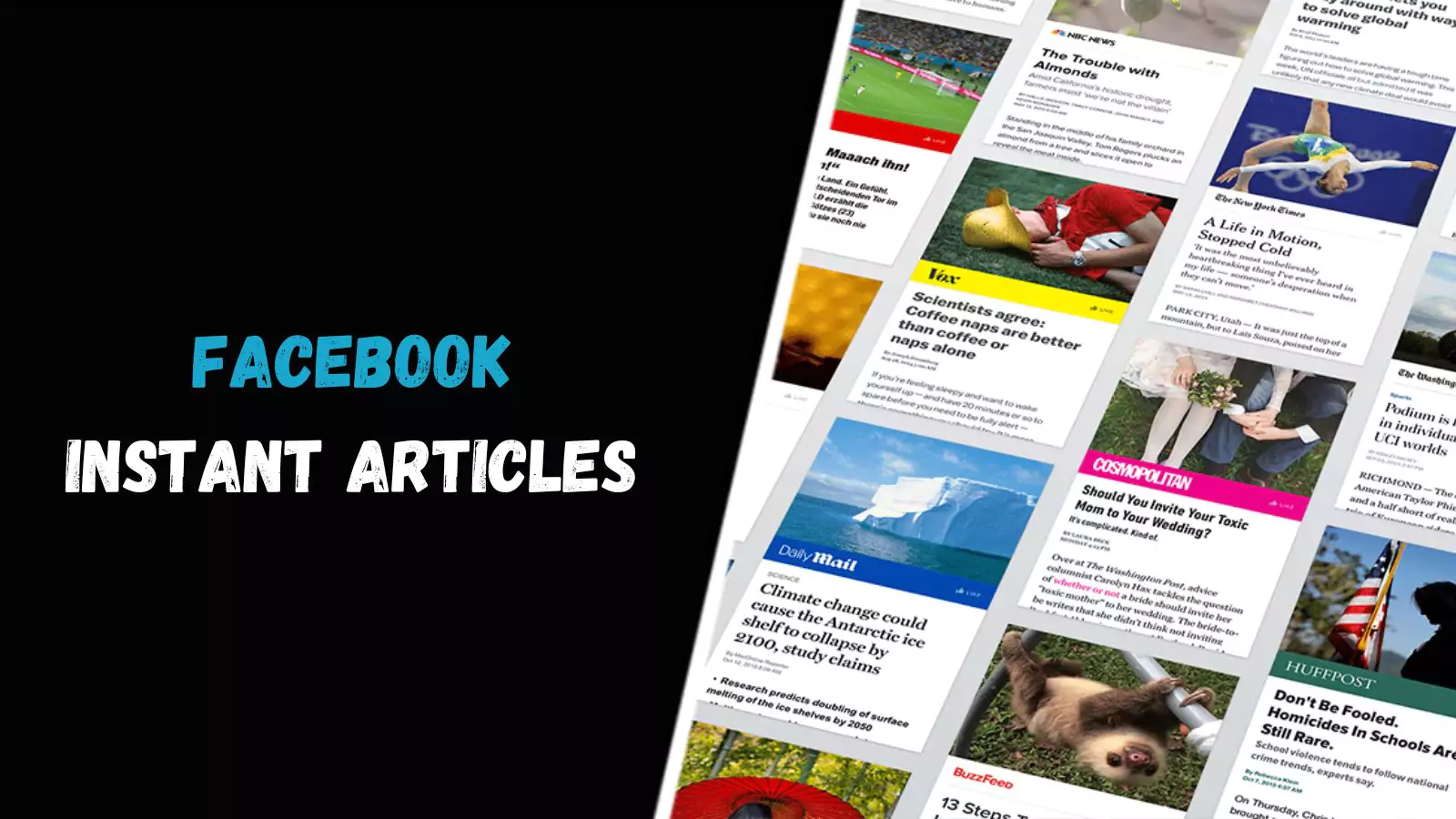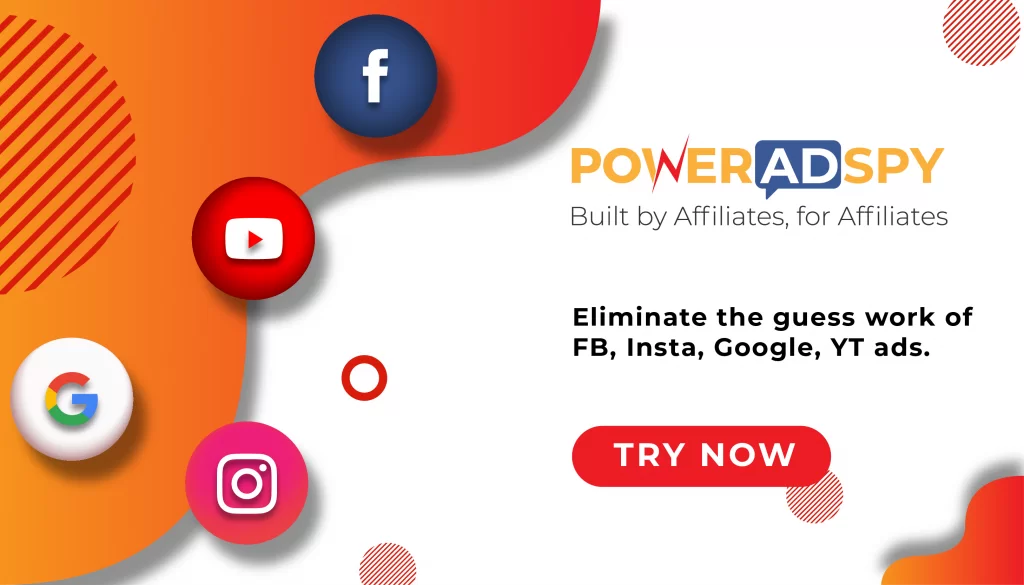How to Optimize Your Facebook Ad Placement?
When it comes to marketing, Facebook is a goldmine. With its wide array of ad placement, reaching your target audience has never been easier. But with many options- from feed placements to stories, in-stream videos, and marketplace. How do you choose?
But fear not!
In this blog post, we’ll break down Facebook’s various ad placements, highlighting their differences and offering strategic tips to help you outshine your competition.
Let’s dive in and unlock the power of targeted advertising on the world’s largest social media platform!
Listen To The Podcast Now!
What Is A Facebook Ad Placement? And Why Does It Matter?
A Facebook ad placement refers to the various locations where your ad can appear on the platform. These placements include Facebook, Instagram, Audience Network, and Messenger. They are chosen- at the ad set level of your campaign, with your campaign objective influencing the available placement options.
Understanding and selecting the right ad placements is crucial for effective advertising on Facebook. Different placement categories, such as Feeds, Stories, and In-Stream, offer unique ways for users to interact with your ads.
By analyzing which placements generate the best outcomes for your campaign objectives, you can optimize your ad spending and target specific- segments of your audience more effectively.
For instance, if you observe that clicks from the Audience Network result in high bounce rates, you may decide to exclude this placement in future campaigns to improve overall performance.
4 Facebook Ad Placement Best Practices
Before you start selecting your Facebook ad placements, check out these four best practices!
Select the Appropriate Ad Objective:
When exploring Facebook ad placements, you’ll find that certain ad objectives don’t support all types of placements. If you plan to choose your ad placements manually, ensure that your ad objective allows for the placement you want.
Experiment with Automatic Placement:
Next on our list is to try out automatic placement. This option lets you see which ad placements deliver the best results for your business. Set a duration for your ad and track relevant data, such as clicks and conversions, during the ad’s run time.
Once the ad has finished running, you can identify the top-performing placements. Testing in this way helps you determine:
- Which placements generate the most engagement
- Which platforms your audience frequents the most (Facebook, Instagram, etc.)
- Which placements are the most cost-effective
- Which placements provide the best return on investment
- Which devices are most commonly used by your audience
This information can help you create ads that target your best placement options, which you can then set manually.
Avoid Limiting Your Facebook Ad Placements:
One common mistake is restricting the number of placements used in Facebook ads. With Facebook offering over 10 different placement options, choosing too few can negatively impact your reach. Limiting placements to just one or two can prevent you from reaching as many people as you would with seven or eight placements and can also lead to higher costs. So, while it’s important to be selective, don’t narrow down your placements too much as it can adversely affect your campaign.
Monitor Your Ad Campaigns:
When experimenting with different Facebook ad placements, keep a close eye on your campaign performance. Ensure your campaigns are achieving the desired results. Every ad campaign is unique; one might perform well in the Facebook newsfeed, while another excels in Instagram stories. By tracking your campaigns, you can identify what’s working and make adjustments to your placements if necessary.
By strategically selecting the appropriate Facebook ad placements based on your campaign objectives, you can maximize your ad’s impact and achieve your desired outcomes. One effective way to refine your strategy is using an ad spy tool like PowerAdSpy. PowerAdSpy can help you analyze the performance of competitor ads and identify the most effective placements for your campaigns.
PowerAdSpy provides detailed insights into successful ad placement, what type of content performs the best, and how different audiences engage with these ads. It allows you to make informed decisions and fine-tune your advertising placements to mirror successful strategies, boosting your ad performance and achieving your campaign goals more efficiently.
PowerAdSpy: Ad Intelligence Tool
PowerAdSpy is an innovative tool designed to revolutionize businesses’ and marketers’ approaches to their advertising strategies.
It provides deep insights into the competitive landscape, enabling users to make informed decisions based on competitors’ actions.
Key benefits of using PowerAdSpy for Facebook ad placements include:
- Competitor Analysis: See what your competitors are doing on Facebook. Analyze their ad strategies, identify trends, and understand which ads perform well.
- Filter By Ad Positions: With PowerAdSpy, users can filter ads based on their positions, such as News Feed or Side Location. It allows for thorough analysis of a wide range of ads, helping users determine which placements perform best in their particular niche for optimal conversions.
- Creative Inspiration: Get ideas for your ads by browsing a vast collection of successful Facebook ads. It can help you come up with innovative and engaging content.
- Performance Insights: Understand the key elements that make certain ads successful. It includes ad copy analysis, visuals, targeting strategies, and engagement metrics.
PowerAdSpy helps businesses enhance their Facebook ad placements by providing detailed insights into successful ad campaigns. It allows for more informed decision-making, creative inspiration, and efficient use of advertising budgets.
Types Of Facebook Ad Placement You Need To Know
Facebook Video Feeds
Facebook Video feed placement appears within the video feed where users watch videos from Pages they follow or suggested videos.
Advantages:
- Engaging Format: Video is a compelling medium for showcasing your products or services, capturing users’ attention effectively.
- Targeted Audience: Placing your video between organic videos ensures it reaches users who are already engaged and likely to watch videos, increasing the likelihood of interaction.
- Sound On: Users in this environment often prepare to watch videos with sound, enhancing the impact of your message.
Disadvantages:
- Lower Viewership: While effective, this placement typically gathers lower viewership rates compared to in-stream videos, possibly due to users’ selective engagement with organic content.
Facebook Marketplace
Facebook Marketplace placement ensures that your ads are displayed to users as they browse through Marketplace or visit the Marketplace homepage.
Advantages:
- Targeted Audience: This placement targets users who are actively browsing with purchase intent, making it highly effective for reaching potential customers who are ready to buy.
- Cost-Effectiveness: Marketplace ads are often more affordable than similar ads on platforms like Google, providing a cost-effective way to reach potential customers.
- Local Focus: Marketplace transactions typically involve local buyers and sellers, making it an ideal placement for local businesses and services seeking to attract nearby customers.
Disadvantages:
- Limited Reach: While effective, Facebook Marketplace may generate fewer impressions or interested users than more established e-commerce platforms like Amazon or eBay, potentially resulting in lower overall engagement for your ads.
Despite its limitations, Facebook Marketplace ads remain a valuable ad placement for businesses looking to target users with high purchase intent, particularly for local and brick-and-mortar establishments.
Facebook Right Column
These ads appear in a dedicated space on the right-hand side of Facebook when viewed on a desktop, separate from the main news feed. You can target users using Facebook on their desktop computers.
Advantages:
- Enhanced Engagement with News Feed Ads: When used alongside News Feed ads, Right Column ads can significantly boost engagement, potentially tripling the interaction rate.
- Cost-Effective Reach: For brands aiming to reach a wider audience or engage in retargeting campaigns, right-column ads offer a cost-effective option.
Disadvantages:
- Reduced Visibility: Changes in Facebook’s design have led to a decrease in the visibility of Right Column ads compared to News Feed ads. Their smaller size and lack of prominent Call-to-Action (CTA) buttons may contribute to lower click-through rates.
- Higher Cost: Right-column ads are typically more expensive than News Feed ads, making them less cost-effective for some advertisers.
Lower Conversion Rates: Right-column ads tend to convert at lower rates compared to ads placed in the News Feed.
While right-column ads can be an effective component of a comprehensive Facebook advertising strategy, their low visibility and conversion rates- should be carefully considered when planning ad campaigns.
Facebook Stories
Facebook Stories ad placement allows your ads to appear seamlessly between users’ Stories on the platform.
Advantages:
- High Engagement: Ads placed within Stories often experience high early engagement rates, as users actively consume content in this format.
- Boost Brand Awareness: This placement provides an effective- means of increasing brand visibility and recognition among a wide audience.
Disadvantages:
- Time Constraint: Video ads within Stories must be limited to less than 15 seconds, which may require concise messaging or creative editing to convey your message within this brief timeframe.
Despite the time constraint, Facebook Stories placement offers a valuable opportunity to engage with users in a format where they are already highly engaged making it an effective tool for enhancing brand awareness and driving engagement.
Facebook In-Stream Videos
Facebook In-Stream Video ads that play during a video that a user watches on Facebook- typically appear in the middle of video content.
Advantages:
- High Completion Rates: With over 70% of placements viewed to completion, In-Stream Video ads offer a high likelihood of engaging users throughout the ad.
- Increased Reach: Facebook reports a 10% higher incremental reach than mobile News Feed placements alone, making them effective for expanding your audience.
- Cost Efficiency: These ads typically offer a lower cost per impression, providing a cost-effective option for reaching potential customers who may need to become familiar with your brand.
Disadvantages:
- Low Conversion Rates: Despite their effectiveness in reaching a broad audience, In-Stream Video ads generally result in lower conversion rates than other placements.
- Limited Inventory: There is a relatively small inventory of In-Stream Video placements compared to other placement options, potentially limiting the scale of your campaign.
Despite their drawbacks, Facebook In-Stream Video ads offer a valuable opportunity to engage users with compelling video content in a format where they are already actively consuming it.
Facebook Search Results
Facebook Search Results placement ensures that your ad appears alongside relevant search results on Facebook, including those within Marketplace.
Advantages:
- Versatile Facebook Ad Formats: Facebook Ads in this placement can take the form of videos, photos, collections, or carousels, allowing for diverse and engaging content.
- Targeted Audience: Since these ads are displayed alongside search results and within the Marketplace, they reach users who already demonstrate interest in the advertising on Facebook for products or services.
Disadvantages:
- Limited Availability: This placement is exclusively available on the Facebook mobile app, potentially limiting its reach compared to placements accessible across multiple devices.
- Dependent on News Feed Ads: To utilize this placement, you must also run a Facebook News Feed ad, which may require additional campaign setup and management.
Facebook Search ad Results placement offers a valuable opportunity to connect with users actively searching for relevant products or services, enhancing the visibility and effectiveness of your advertising efforts.
Facebook Instant Articles
FB Instant Articles ad placements are featured within Instant Articles within the Facebook mobile app.
Advantages:
- Mobile-Optimized Format: Instant Articles are designed for mobile devices, offering a visually appealing layout tailored for smaller screens.
- Seamless Integration: They seamlessly blend into users’ mobile News Feeds, eliminating the need for redirection to external sites or apps.
- Cost Efficiency: Instant Article placements are typically more budget-friendly compared to other options, providing a cost-effective means of reaching a mobile audience.
- Enhanced User Experience: Ads within Instant Articles load faster than standard web ads, ensuring a smoother browsing experience and boosting user engagement.
- Interactive Features: They support embedded media like YouTube videos and tweets, enriching the browsing experience and encouraging user interaction through likes, comments, and reactions.
Disadvantages:
- Lower Conversion Rates: Instant Article placements may result in lower conversion rates than other placement options.
FB Instant Articles placements offer advertisers a compelling opportunity to engage with a mobile audience through visually appealing, fast-loading content, fostering user interaction and brand engagement.
Read More,
How to Successfully Advertise on Facebook
Facebook Search Ads | Keep Up With Competition in 6 steps.
How Facebook Marketplace Ads Can Boost Your Business?
Wrapping Up
Facebook ad placement is a pivotal step toward maximizing the effectiveness of your advertising efforts. By carefully selecting the right advertising placements based on your campaign objectives, target audience, and creative assets, you can significantly enhance your ad performance and achieve better results. Remember to continuously monitor and analyze your advertising placements, testing different strategies to find what works best for your business.
Facebook ad spy tools like PowerAdSpy are invaluable for advertisers, offering insights into competitors’ strategies and helping identify successful ad placements to replicate. With a strategic approach informed by such tools, you can enhance your Facebook advertising efforts, boosting engagement, conversions, and ROI for your brand.
FAQs
1. Why is ad placement optimization important?
Advertising placement optimization ensures that your ads are displayed where they most likely resonate with your target audience. By leveraging various placements, you can increase visibility, engagement, and ultimately, the performance of your ads.
2. How do I choose the right ad placements for my campaign?
Consider your campaign objectives, target audience, and the type of content you’re promoting. Facebook ad placement examples- if you’re targeting a younger demographic, Instagram might be a better placement choice than Facebook. Test different placements to see which ones yield the best results for your goals.
3. Should I let Facebook automatically optimize my ad placements or do it manually?
The decision between automatic and manual advertising placement optimization depends on your preferences and goals. Automatic optimization lets Facebook’s algorithm distribute your budget to top-performing placements, while manual optimization offers more control over ad placement.


